Types of eye doctors and what they do
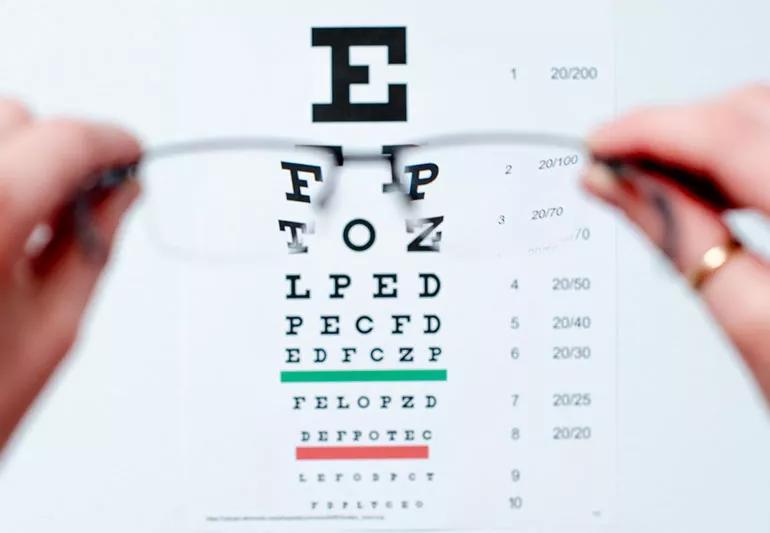
Whether you’re scheduling your first routine eye exam, getting new glasses or having a problem with your vision, a quick search online for eye doctors may leave you scratching your head. Is an optometrist or ophthalmologist best? And where do opticians fit in?
Cleveland Clinic is a non-profit academic medical center. Advertising on our site helps support our mission. We do not endorse non-Cleveland Clinic products or services. Policy
Ophthalmologist Scott Wagenberg, MD, helps answer your questions about what each type of eye doctor can do. He also offers examples of what services each may offer.
Opticians can help you select and fit your prescription eyeglasses properly. They can advise you on frames and certain types of lenses and lens coatings.
They work from orders written by optometrists or ophthalmologists. But they don’t give eye exams or write prescriptions themselves. “They do not diagnose or treat eye problems at all,” Dr. Wagenberg says.
The answer depends on your needs and preferences.
Exams and prescriptions. Either optometrists or ophthalmologists may perform eye exams. And either can prescribe glasses or contact lenses.
Special contact lens fittings. An optometrist is often the better option for contact lens wearers. “Optometrists often specialize in difficult contact lens fittings, and are often best for that type of examination,” Dr. Wagenberg says.
Laser and other surgeries. If you’re considering laser surgery or need other surgeries, an ophthalmologist is the right choice. “Otherwise, a good optometrist can handle what a general ophthalmologist can,” he says.
Serious eye conditions. If you have a serious condition — severe macular degeneration or diabetic retinopathy, for instance — you’ll typically see a specialist (ophthalmologist). If you don’t have any serious eye problems, the choice is really up to you.
When you have blurry vision, eye pain or “floaters,” it’s fine to see either an optometrist or an ophthalmologist, Dr. Wagenberg says.
A good eye doctor will help point you in the right direction if you need to see a different doctor or a specialist.
“An optometrist will refer you to an ophthalmologist for any difficult medical conditions such as uncontrolled eye infections, medically unmanageable glaucoma, cataract surgery, corneal transplants or retinal problems,” he says.
Ultimately, what’s best for your eye health is that you have regular exams and take steps to protect your vision.
Learn more about our editorial process.
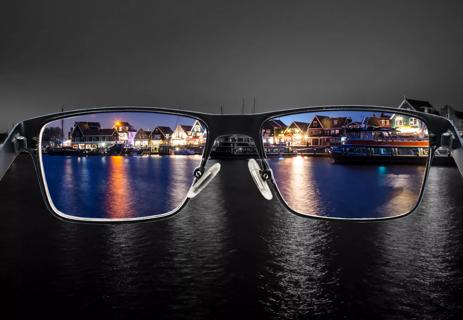
These trendy glasses might brighten some shades and help you see the difference between colors or brightness of hues, but they won’t cure your color vision deficiency

This powerful carotenoid can help with your eye and skin health, LDL reduction and cognitive function

Found in colorful foods like spinach, corn and oranges, this carotenoid helps with eye, skin and liver health

It’s critical to have the proper eyewear if you plan to look up at the sun, especially during the total solar eclipse on April 8, 2024
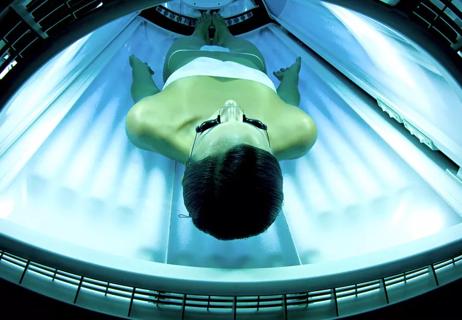
The simple, straightforward and hard-lined answer is no
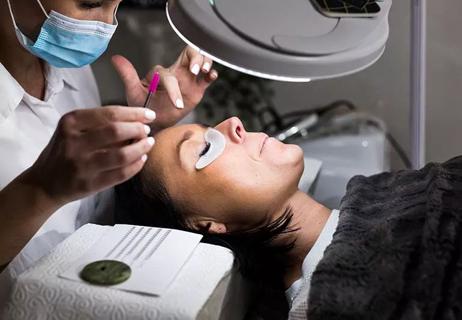
Allergic reactions and overprocessing are just a couple things to keep an eye out for
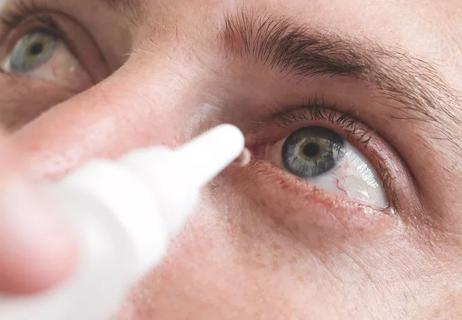
Act quickly when a chemical or object gets in your eye
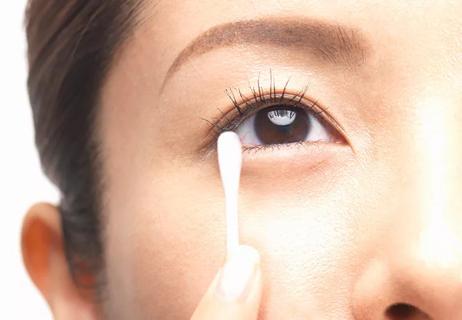
Mucus fishing is the latest trend on TikTok and Instagram. But here’s why you shouldn’t do it

Your metabolism may torch 1,300 to 2,000 calories daily with no activity

A gentle touch in all the right places may help drain your sinuses